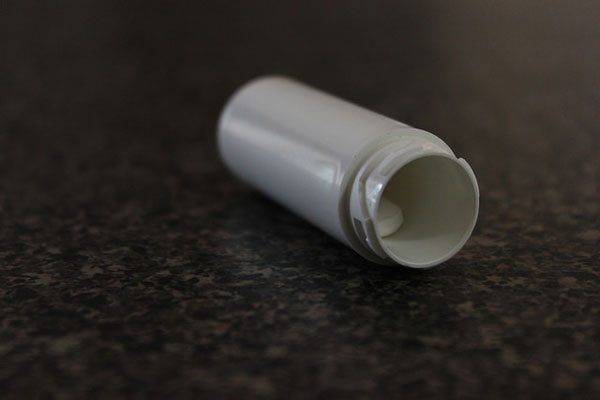
January 18, 2018; STAT News
NPQ has written a great deal recently about pharmaceutical companies, including their so-called philanthropy which has the apparent aim of keeping drug prices sky-high while luring in new customers. We have also covered the outrageous price-gouging of widely used drugs like Naloxone and EpiPens, among other products. This, of course, costs all of us in many ways.
But, here comes a new development in this story: Four of the nation’s largest hospital groups have banded together with the health system of the Veterans Administration to establish a nonprofit pharmaceutical company to combat “capricious and unfair pricing practices” and ameliorate shortages of certain drugs.
The groups involved include Intermountain Healthcare, which is spearheading the effort, Ascension, SSM Health, and Trinity Health. Combined with the US Department of Veterans Affairs, which will also participate in the plan, the five groups run 450 individual hospitals.
Linda Johnson of the Associated Press writes that
The plan, announced Thursday, follows years of shortages of generic injected medicines that are the workhorses of hospitals, along with some huge price increases for once-cheap generic drugs. Those problems drive up costs for hospitals, require significant staff time to find scarce drugs or devise alternatives, and sometimes mean patients get suboptimal medications.
Sign up for our free newsletters
Subscribe to NPQ's newsletters to have our top stories delivered directly to your inbox.
By signing up, you agree to our privacy policy and terms of use, and to receive messages from NPQ and our partners.
Some details remain unrevealed, like which therapeutic areas will be targeted or how much seed money will be required.
“It’s an ambitious plan,” said Dr. Marc Harrison, chief executive officer and president of Intermountain, “but healthcare systems are in the best position to fix the problems in the generic drug market…We are confident we can improve the situation for our patients by bringing much needed competition to the generic drug market.”
The new effort is “primarily directed toward the examples where people are cornering the market and creating shortages,” Harrison says. “It’s offensive when these shortages are created and egregious pricing develops. They take something that is made for pennies and then sold for hundreds of thousands of dollars. And that’s wrong.” Harrison added that eventually supplying generic medicines to retailers is not out of the question.
“These groups are taking initiative to help address their local needs, and it’s something that could be expanded if it works to one day become a national safety net system,” said Dr. Aaron Kesselheim, a Harvard Medical School professor who heads the program on regulation, therapeutics, and law at Brigham and Women’s Hospital and is another advisor to the hospitals. However, Scott Knoer, the chief pharmacy officer at Cleveland Clinic, says, “Anything that prevents us from being held hostage by drug makers sounds like a good opportunity. But it’s a tough business and it may end up being a race to the bottom.”
Dan Liljenquist, an Intermountain Healthcare vice president, reports that other potential partners are interested, including health care facilities and philanthropy.—Ruth McCambridge













